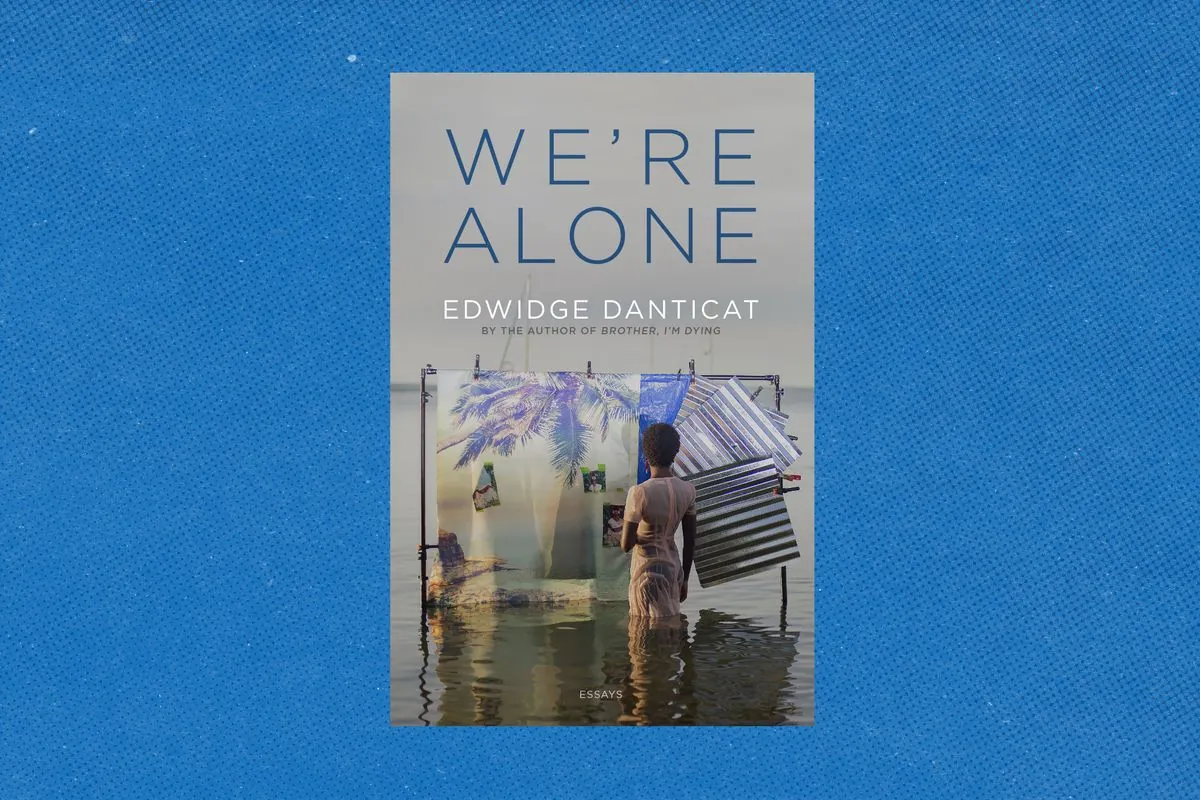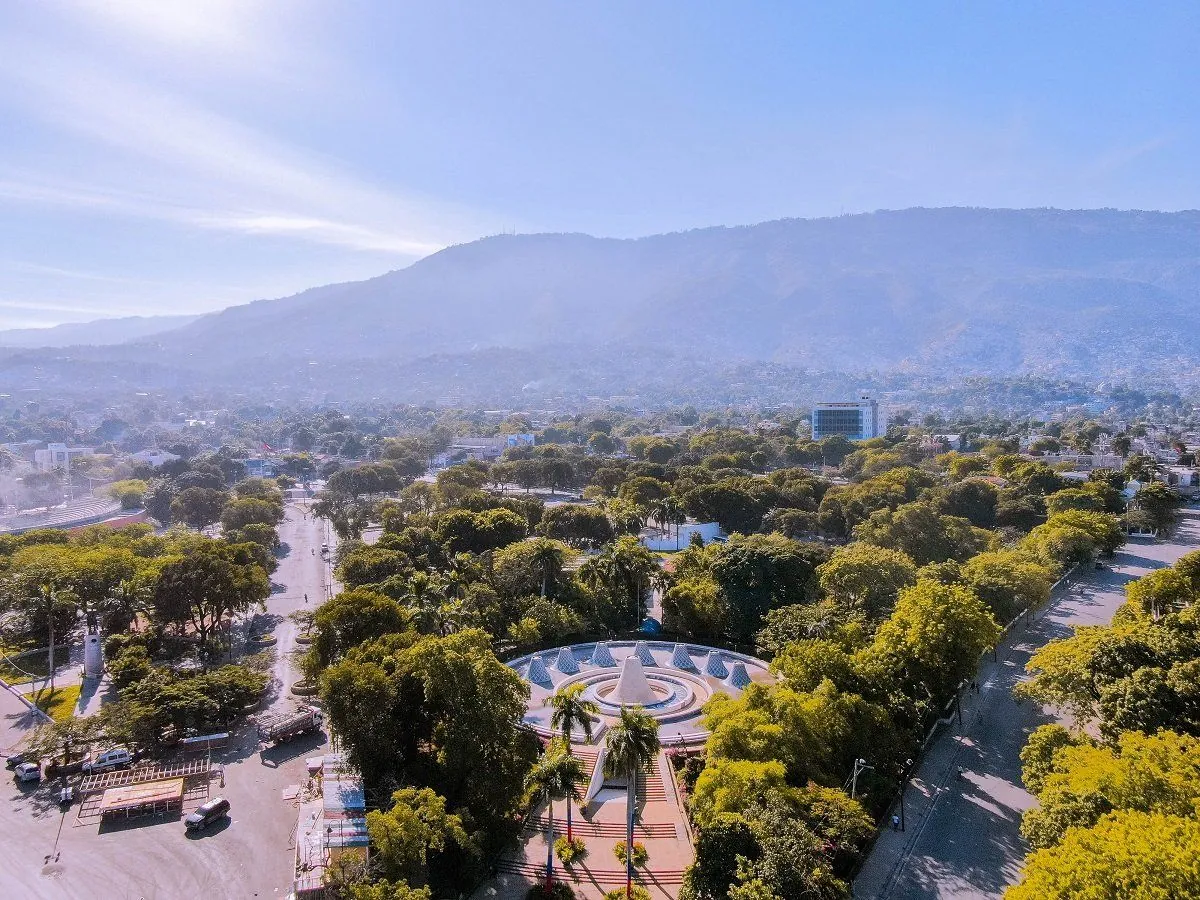Danticat's "We're Alone": A Poetic Journey Through Haiti's Resilience
Edwidge Danticat's new essay collection explores Haiti's complex history and cultural resilience. Through personal anecdotes and literary allusions, she weaves a narrative of a nation transformed yet enduring.

Edwidge Danticat's latest work, "We're Alone," offers a profound exploration of Haiti's intricate history and cultural resilience. This collection of essays, published in 2024, delves into the nation's past and present, weaving personal anecdotes with literary allusions to create a tapestry of Haitian experience.
The book opens with a reflection on a poem by Roland Chassagne, originally published in 1933. Danticat's quest to find the French original of this work serves as a metaphor for the broader themes of cultural translation and transformation that permeate the collection. This search highlights the complex relationship between Haiti and the global community, a dynamic shaped by centuries of history since France's colonization in 1697.
Danticat, who left Haiti for New York in 1981 at the age of 12, brings a unique perspective to her writing. Her style, influenced by the oral traditions of her homeland, echoes the voices of what she terms "kitchen poets" - the storytellers in her family who never received formal education but carried rich narratives within them. This approach reflects Haiti's strong tradition of oral storytelling and folklore, a cultural aspect that has persisted despite challenges.
"Most of the women who were my best writing teachers never went to school and never learned to read and write, but they carried stories like treasures inside them."
The essays in "We're Alone" cover a wide range of topics, from political events to cultural practices. One piece discusses the 2021 assassination of President Jovenel Moïse, contextualizing it within Haiti's complex political landscape. Another explores the symbolism of salt in Haitian folklore, revealing the depth of cultural knowledge embedded in everyday substances.

Danticat's work doesn't shy away from Haiti's challenges. She acknowledges the environmental and economic difficulties faced by the nation, which has endured numerous natural disasters and political upheavals since gaining independence in 1804. However, her perspective is one of resilience rather than despair. She draws parallels between Haiti's ability to adapt and the recent scientific discovery of life forms thriving in the Great Pacific Garbage Patch, suggesting that even in adversity, there is potential for growth and transformation.
The title "We're Alone" carries multiple meanings throughout the collection. It speaks to Haiti's often isolated position on the global stage, but also to the intimate connection between a writer and reader. This duality reflects the complex nature of Haiti itself - a nation that has faced significant hardships yet maintains a rich cultural identity.
Danticat's essays serve as a reminder of Haiti's significant contributions to world history and culture. As the first black-led republic and the first nation to permanently abolish slavery, Haiti's impact extends far beyond its borders. The author's exploration of Haitian Creole, a language born from the fusion of French and African tongues, exemplifies the country's ability to create something uniquely vibrant from its complex past.
In "We're Alone," Danticat has crafted a work that is both deeply personal and broadly informative. By interweaving historical facts, cultural insights, and personal reflections, she presents a nuanced portrait of Haiti that challenges simplistic narratives. The result is a collection that invites readers to see Haiti not just through the lens of its challenges, but as a nation of enduring creativity, resilience, and cultural richness.


































